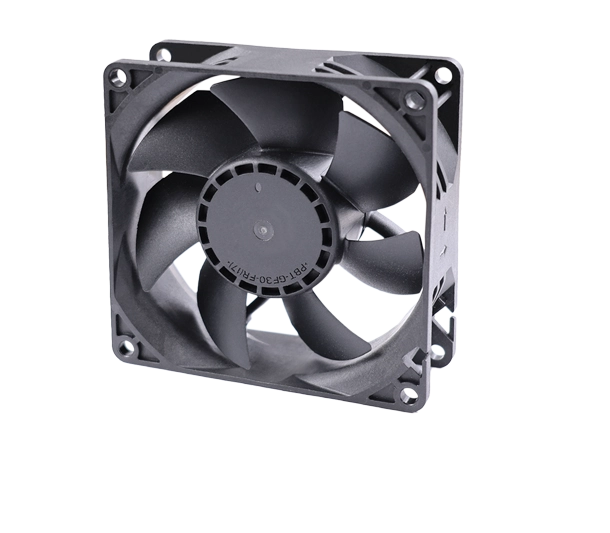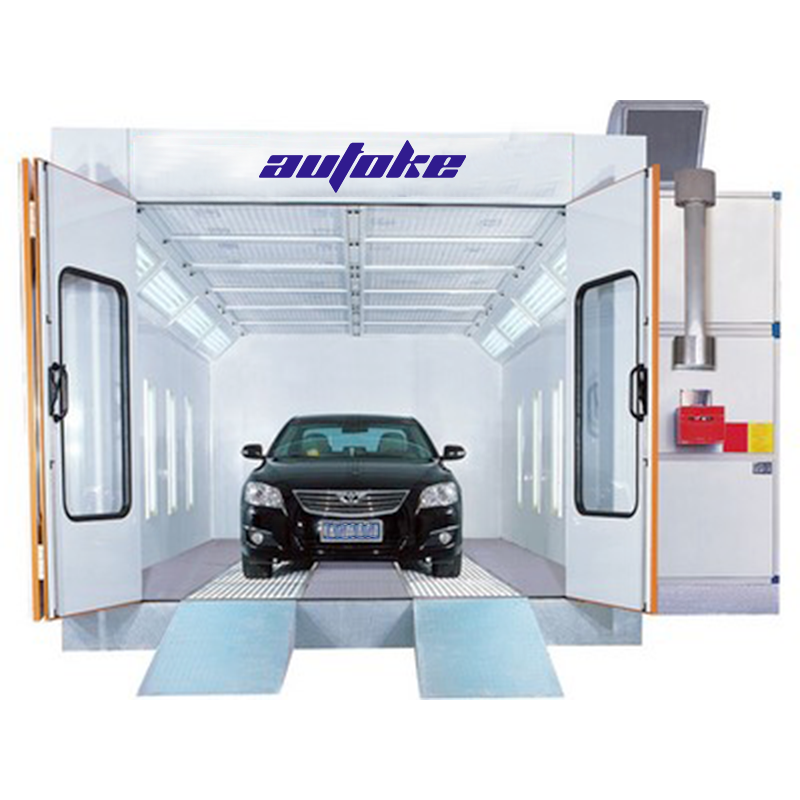In the realm of industrial automation and precision engineering, the ability to accurately measure and control the position of mechanical components is paramount. This is where the precision draw wire encoder supplier comes into play, offering cutting-edge solutions for precise position sensing. In this comprehensive blog post, we will explore the intricacies of draw wire encoders, their applications, and the role of precision draw wire encoder suppliers in delivering high-quality, reliable products that are essential for maintaining accuracy and efficiency in various industries.

Understanding Draw Wire Encoders
Draw wire encoders are a type of linear position sensor that uses a flexible wire or cable to measure the position of a moving object. They are widely used in applications where high accuracy, reliability, and durability are required. The basic principle of operation involves a draw wire encoder having a fixed reference point and a movable part that is attached to the object whose position needs to be monitored. As the object moves, the wire is either drawn out or retracted, and the change in wire length is translated into an electrical signal that represents the position of the object.
Components of a Draw Wire Encoder System
A typical draw wire encoder system consists of several key components:
-
Encoder Head: The encoder head houses the electronic circuitry and the mechanical interface for the draw wire. It contains the sensor that measures the position of the moving wire and converts this into an electrical signal.
-
Draw Wire: The draw wire is a flexible, durable cable that connects the encoder head to the moving part. It must be able to withstand repeated extension and retraction without losing accuracy or breaking.
-
Tensioning Unit: To ensure accurate measurements, the draw wire must be kept under constant tension. The tensioning unit maintains this tension, compensating for any changes in wire length or external forces.
-
Connector: The connector is used to transmit the electrical signal from the encoder head to the control system or readout device.
-
Mounting Hardware: The mounting hardware secures the encoder head and the moving part in place, ensuring that the draw wire remains aligned and tensioned correctly.
The Role of Precision Draw Wire Encoder Suppliers
Precision draw wire encoder suppliers play a crucial role in providing high-quality, reliable encoders that meet the specific needs of various industries. They offer a range of products with different specifications and features to suit the requirements of different applications. Some of the key roles of precision draw wire encoder suppliers include:
-
Customization: Precision draw wire encoder suppliers can customize encoders to meet specific customer requirements, such as特定的 cable length, resolution, or environmental resistance.
-
Technical Support: They provide technical support and guidance to help customers select the most suitable encoder for their application and to assist with installation and troubleshooting.
-
Quality Assurance: Precision draw wire encoder suppliers ensure that their products meet stringent quality standards, undergoing rigorous testing and certification processes.
-
After-Sales Service: They offer after-sales services such as maintenance, repairs, and replacements to ensure the long-term reliability of their encoders.
Technical Specifications of Draw Wire Encoders
When selecting a precision draw wire encoder supplier, it is essential to consider the technical specifications of the encoders they offer. Some key specifications include:
-
Measuring Range: The measuring range refers to the maximum distance the encoder can measure. This depends on the length of the draw wire and the design of the encoder head.
-
Resolution: Resolution is the smallest change in position that the encoder can detect. Higher resolution encoders can provide more precise measurements, which is crucial for applications requiring high accuracy.
-
Linearity: Linearity refers to the accuracy of the encoder's output signal in relation to the actual position of the moving object. High linearity ensures that the encoder provides a consistent and accurate measurement across its entire range.
-
Repeatability: Repeatability is the ability of the encoder to provide the same output signal for the same position over multiple measurements. This is crucial for applications where consistent and reliable positioning is required.
-
Environmental Resistance: Draw wire encoders are used in various environments, and their resistance to factors such as temperature, humidity, dust, and chemicals can affect their performance and longevity.
Applications of Draw Wire Encoders
Draw wire encoders have a wide range of applications across different industries, including:
-
Machine Tools: In the manufacturing sector, draw wire encoders are used to control the positioning of machine tools such as CNC machines, lathes, and milling machines.
-
Medical Equipment: In medical applications, draw wire encoders are used in equipment such as surgical tables, X-ray machines, and diagnostic imaging devices.
-
Automotive Industry: In the automotive industry, draw wire encoders are used in applications such as seat adjustment systems, sunroof controls, and engine management systems.
-
Aerospace and Defense: In aerospace and defense applications, draw wire encoders are used in systems that require precise positioning and control, such as flight control surfaces and missile guidance systems.
-
Material Handling: In material handling systems, draw wire encoders are used to control the positioning of conveyor belts, cranes, and hoists.
Challenges and Considerations in Draw Wire Encoder Selection
When selecting a precision draw wire encoder supplier, there are several challenges and considerations to keep in mind:
-
Compatibility: The encoder must be compatible with the existing control system and other components in the application.
-
Cost: The cost of the encoder can vary significantly depending on its specifications and features. It is essential to balance the cost with the required performance and reliability.
-
Installation: The installation process can be complex, especially for custom or specialized encoders. It may require specialized tools, expertise, and time.
-
Maintenance: The maintenance requirements of the encoder should be considered, as regular maintenance can help ensure its long-term reliability and performance.
-
Future Proofing: As technology advances, it is essential to select an encoder that can be easily upgraded or replaced to accommodate future requirements.
Future Trends in Draw Wire Encoder Technology
As technology continues to evolve, so too does the field of draw wire encoders. Some future trends include:
-
Increased Resolution: Advances in sensor technology will enable encoders with higher resolution, providing even more precise measurements.
-
Wireless Technology: The integration of wireless technology will allow for greater flexibility in encoder installation and reduce the need for complex wiring.
-
Smart Sensors: The development of smart sensors will enable encoders to provide additional information, such as temperature and vibration data, which can be used for predictive maintenance and diagnostics.
-
Miniaturization: As the demand for compact and lightweight encoders grows, miniaturization will be a key focus area for precision draw wire encoder suppliers.
Conclusion
The precision draw wire encoder supplier is a vital link in the chain of industrial automation, providing the tools necessary for accurate position sensing in a wide range of applications. As technology advances, the capabilities of draw wire encoders will continue to expand, offering even greater precision and reliability. By selecting a precision draw wire encoder supplier that offers high-quality products and excellent service, businesses can ensure that they have the tools they need to maintain efficiency and accuracy in their operations.
www.enxsensors.com
ENX Enxiao

